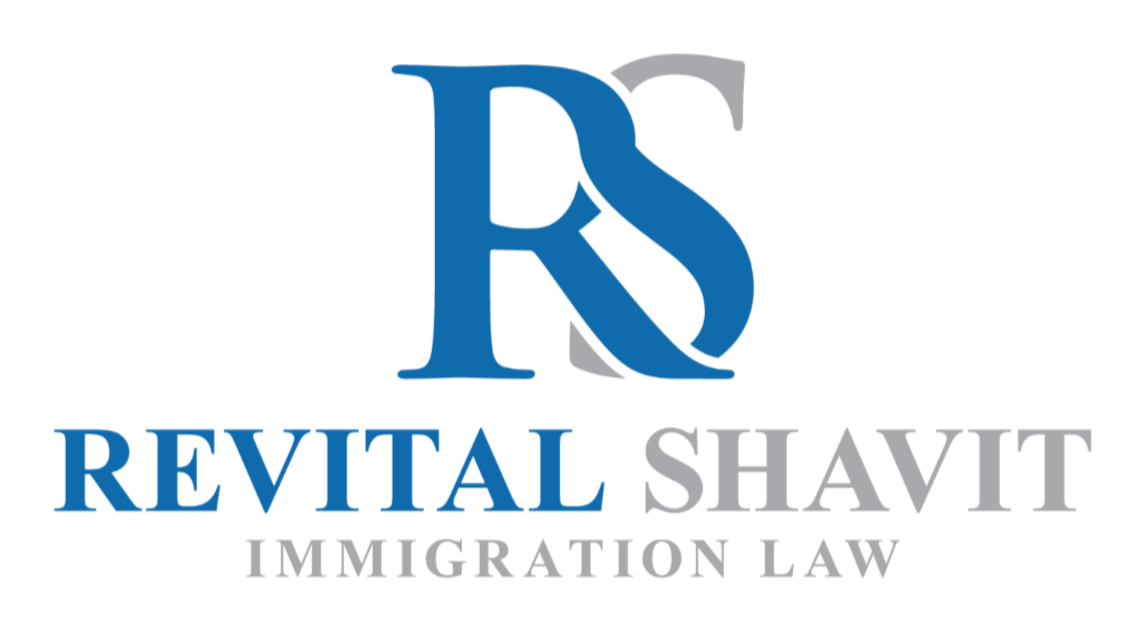Understanding the New Standard for Evaluating Moral Character in Naturalization Applications
- Revital Shavit Barsheshet
- Sep 3, 2025
- 3 min read
Updated: Nov 18, 2025
The Importance of Moral Character in Naturalization
The requirement for "good moral character" has always been a part of the naturalization process. When reviewing an application, USCIS assesses an applicant's "good moral character" (GMC) over the five years preceding the application. This assessment confirms adherence to U.S. values. Officers may also look beyond the five years when appropriate.
Key Changes in the New Standard
According to the new memorandum, USCIS officers must now account for an alien’s positive attributes. They will not simply look for the absence of misconduct. This involves evaluating an individual's conduct, adherence to societal standards, and positive contributions. Officers are required to assess an applicant's positive traits in addition to verifying the absence of misconduct.
Officers are also instructed to consider non-criminal behaviors that might be viewed as socially undesirable. Examples include frequent traffic violations or patterns of reckless or disruptive conduct. This broadened review scope has raised concerns. The guidelines may be unclear and subjective, potentially resulting in inconsistent outcomes. This could unfairly disadvantage applicants with limited resources or less formal evidence of their positive contributions.
The new guidance categorizes behaviors into three types when assessing naturalization eligibility:
Permanent Bar: This includes violent offenses such as murder, aggravated felonies, or other crimes of violence.
Conditional Bar: This category encompasses actions like controlled substance violations or two or more convictions for driving under the influence.
"Technically Lawful" Behavior: While not illegal, these actions may be inconsistent with civic responsibility within the community. Examples include reckless or habitual traffic infractions, harassment, or aggressive solicitation.
USCIS will review all available documentation. They will also question naturalization applicants about the specifics of their actions. This will help determine whether a particular situation or act disqualifies them from naturalization.
This broader view of undesirable behavior raises concerns about unclear, subjective adjudication. It may lead to inconsistent results or disadvantage applicants.
Importance of Documentation
As per the memo, USCIS will place greater emphasis on an alien’s positive qualities and contributions when determining GMC. Therefore, applicants should submit documentation of:
Sustained community involvement and contributions in the United States.
Family caregiving, responsibility, and ties in the United States.
Educational attainment.
Stable and lawful employment history and achievements.
Length of lawful residence in the United States.
Compliance with tax obligations and financial responsibility in the United States.
Navigating the Naturalization Process
Understanding the naturalization process can be overwhelming. The new standards add complexity to an already intricate procedure. It is crucial to be well-prepared and informed. Gathering the right documentation is essential for a successful application.
Preparing Your Application
When preparing your application, consider the following steps:
Gather Documentation: Collect all necessary documents that demonstrate your positive contributions to society. This includes proof of community service, employment records, and educational achievements.
Review Your History: Reflect on your past actions. Be honest about any issues that may arise during the evaluation of your moral character.
Seek Legal Guidance: Navigating the legal landscape can be challenging. It is advisable to consult with an immigration attorney who can provide personalized advice based on your circumstances.
We Can Help
If you are in the process of applying for naturalization and need guidance, we are here to help. Understanding the process and requirements can be daunting. Our team is ready to assist you every step of the way.
For more information on our services, please contact us.
This article has been prepared for general information purposes only. The information presented is not legal advice, is not to be acted on as such, may not be current, and is subject to change. Readers should consult their attorneys for advice on any specific legal matter.

